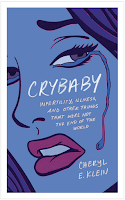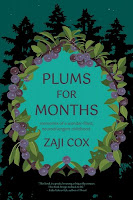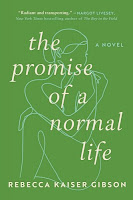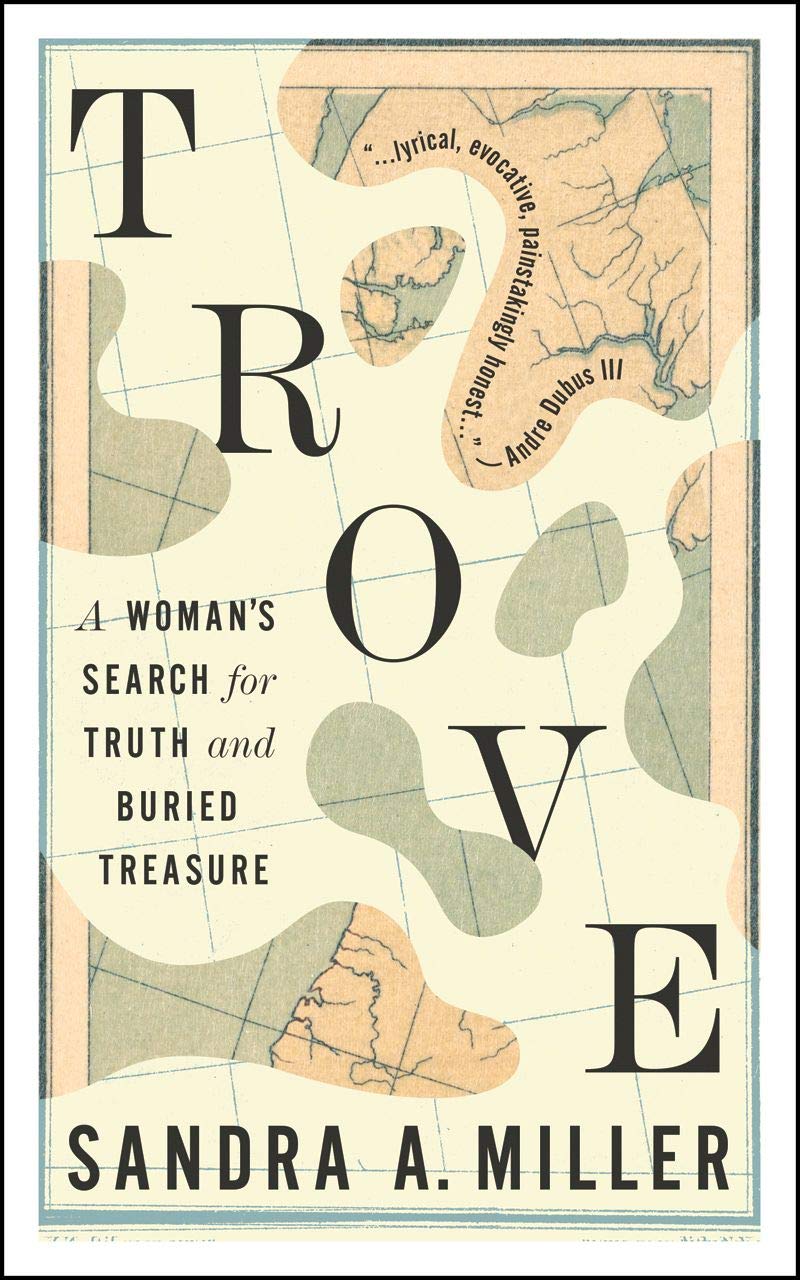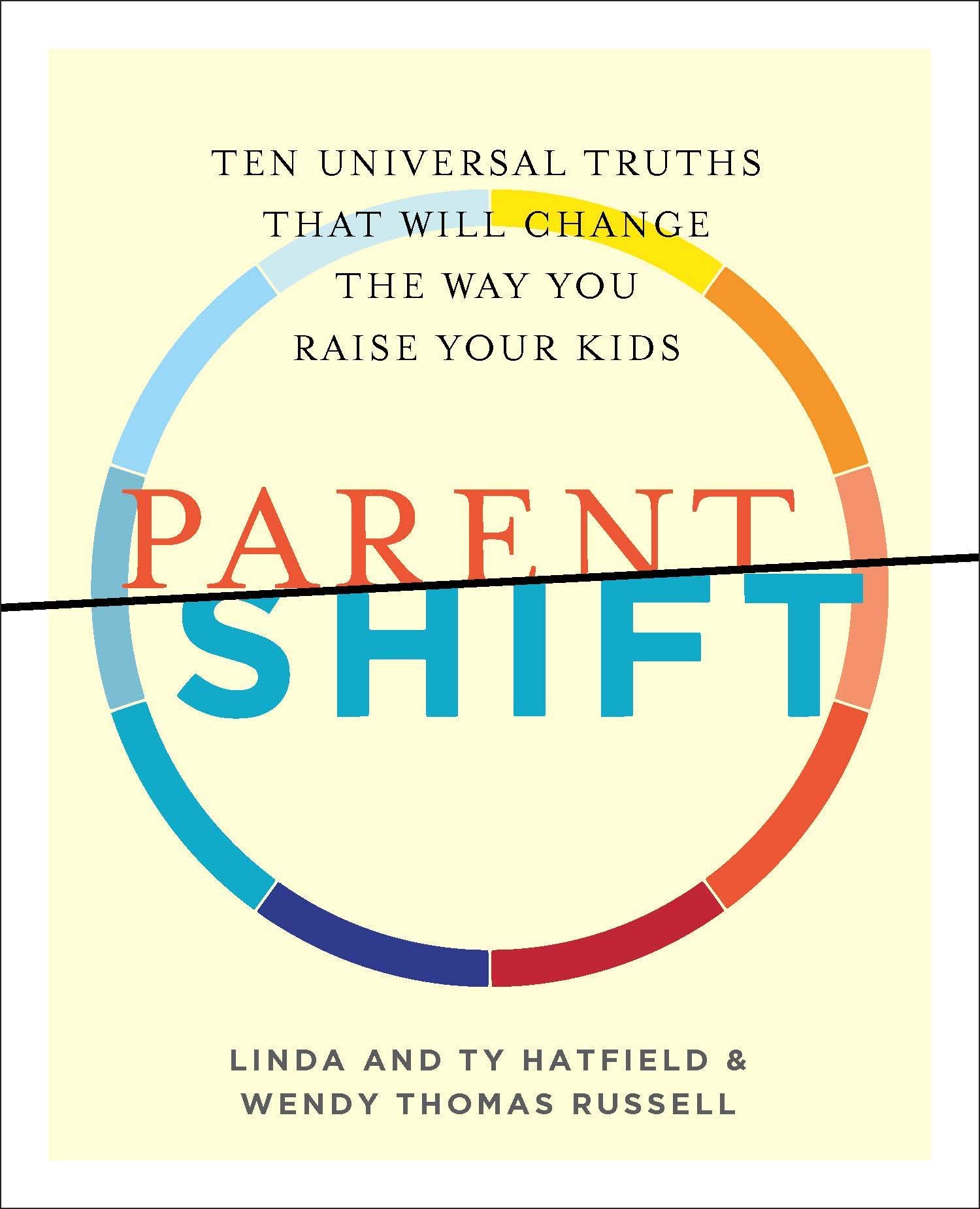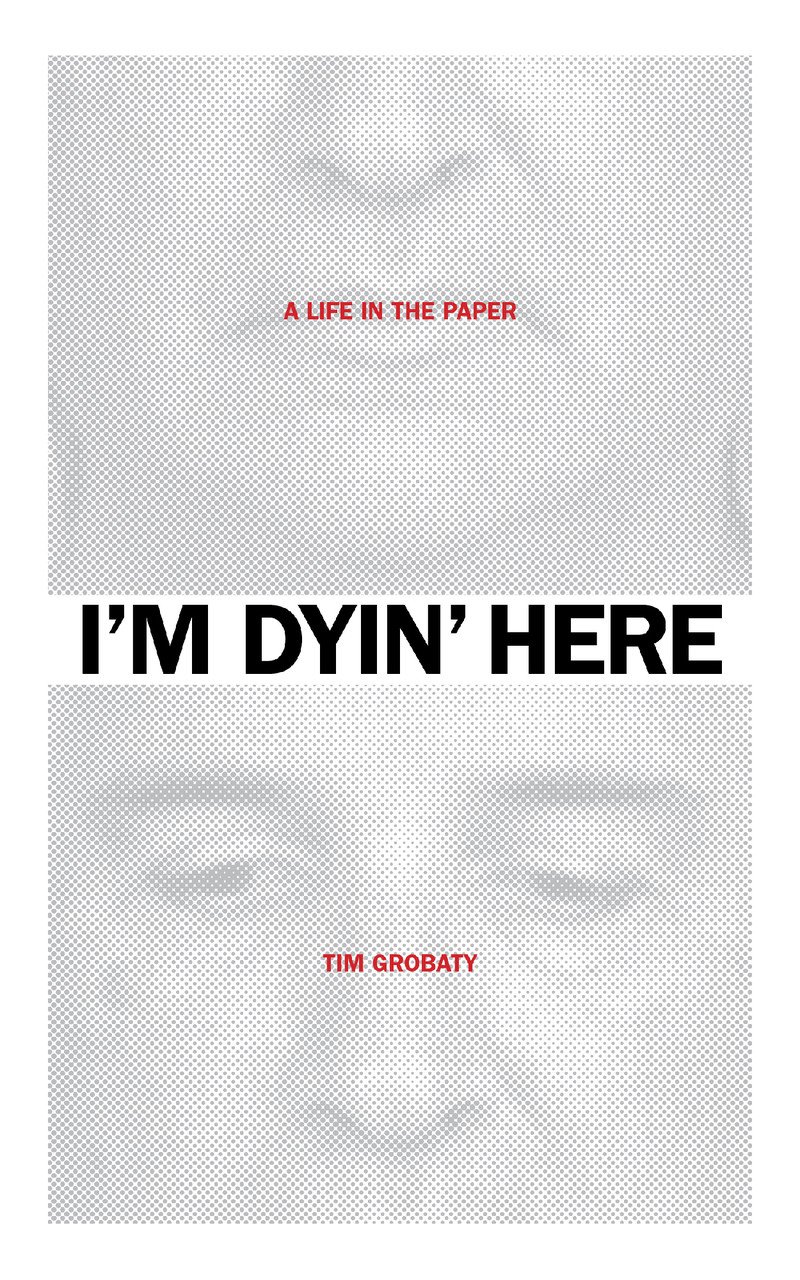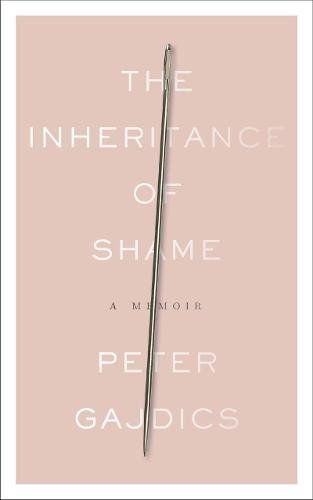Peter Gajdics is the author of a new memoir,
The Inheritance of Shame, published by
Brown Paper Press. He is an award-winning writer whose essays and poetry have been published in, among others,
The Advocate,
New York Tyrant,
The Gay and Lesbian Review / Worldwide,
Cosmonauts Avenue, and
Opium.
Peter recently answered questions for Rose City Reader about his writing, books, and his memoir, which documents his six-year journey through, and eventually out of, a particularly bizarre sort of therapy; the legal battle with his former psychiatrist; his complicated family history; and his attempts to reclaim his self-identity and his own story.
The Inheritance of Shame is largely about the six years you spent in “conversion therapy” to try to “cure” yourself of being gay. How did you come to write this book?
First, just a word of clarification. I think it’s important to understand that what happened to me was psychotherapeutic abuse; it was torture, not simply “conversion therapy.” My book is a cautionary tale—certainly for LGBTQ people, but for others as well, because first and foremost it’s a story about unethical medical / therapeutic practices, and severe boundary violation, a physician’s flagrant misuse of prescription medication to fulfill his own agenda, and the kind of loss of agency, even a lack of consent, that can arise when someone is in deep emotional or psychic duress. Anybody is vulnerable to that.
In terms of the book – for the first two years after leaving this “therapy” in 1995, I was in the throws of post-traumatic stress (anticipatory anxiety, flashbacks to the therapy, insomnia, nightmares, depression). It’s not so much that I wanted to kill myself as I thought I was already dead. As soon as I was strong enough to file the ethics complaint against my former psychiatrist in 1997, I knew I had to at least try and write some kind of book about what had happened during these six years, since the history of it all was just too bizarre and unjust, foul, not to be documented. As I eventually learned, there was also a history of these kinds of events happening to LGBT people that I felt strongly needed to end. My hope was that by telling my story I might help prevent the recurrence of similar forms of abuse in the future, especially for young people.
Initially, my main goal was to document objective facts and chronology, such as dates of treatment, dosages of medications and their side effects, details about other patients I met along the way, etc. I also transcribed as much factual dialogue as possible (between the doctor and me, and other people in the therapy), which I drew from my own personal diaries that I wrote while in treatment, taped therapy sessions (which the doctor had insisted I record), witness accounts, even my own memory, since much of it was all still fresh in my mind. I felt a real sense of urgency to get all of this “down on paper,” because I did not want the passage of time to erase my memory of events. I really did believe that remembering my past, and speaking my truth, rather than doing as so many people told me at that time and “forgetting” and “moving on,” would help me heal. The book changed over time as I changed: the facts of the story remained unaltered, of course, but the meaning behind my experiences developed and deepened as I became more willing and able to face my own history, and continued to heal from trauma.
Your memoir is intensely personal – did you have any qualms about sharing so much?
The moment I sat down to write this book I pasted the quote “I swear to tell the truth, the whole truth, and nothing but the truth” above my laptop. After years of lies and half-truths from my youth and in the therapy, even throughout the ethics complaint and much of the lawsuit where it seemed to me that medical and legal authorities did not really want to hear the truth—I was desperate to be “intensely personal,” to dig down deep and to write from the “bone,” so to speak. And so, no—I’ve never felt any qualms about sharing so much of my life, about being “intensely personal.” After all, writing this book wasn’t only a literary endeavor, but a means toward honestly looking at my life, what brought me to this “therapy,” why I stayed, and how it’s continued to impact me. It’s now a truism to say “the truth shall set you free,” but truth isn’t always so easy to come by. It can require years of hard work, including really uncomfortable honesty, especially with oneself. I knew that I’d never be able to do any of that and still hide in half-truths.
Did you consider turning your own experience into fiction and writing the book as a novel? Would your story make a good movie?
I never considered turning my experiences into fiction, since my intension had always been to say “this happened,” that it was all factual, and that if it can happen to one person it can happen to many people. I knew that writing a novel would never carry the same warning, or weight. Early on, and specifically because of my family’s objections, I did consider publishing under a pseudonym, but even there I quickly abandoned that idea because I knew my surname, Gajdics, would be crucial to the story I needed to tell. Besides, what sort of message would I have relayed if a book about truth had been published under a false identity? After years of pitching the book to literary agents, at one point I did revise my query letter and I called the book a “novel.” I never changed any of the writing in the actual book, but after the James Frey fiasco, and other memoirs were revealed to be lies, many agents had expressed great reluctance to take on a memoir like mine with such egregious content—constantly questioning the book’s veracity, as if it were all just too horrendous to be true. The funny thing is, the first agent to respond to my revised query said that he thought the book read like a memoir, not a novel; he suspected it was all true. I quickly abandoned the idea of trying to sell it as a novel.
I’m obviously biased when I say I do think the book would make a great film. My main caution about any kind of adaptation, however, is that so many films nowadays seem to reduce storylines down to their barest elements, as if filmmakers no longer trust an audience’s intelligence. For example, I’d feel great reluctant to turn this book into a film solely “about” conversion therapy. Besides, conversion therapy itself is a complex issue, not at all as black and white as some might make it out to be. The book is as much about the dangers of primal therapy as it is about “changing” sexual orientation. But it’s also about childhood sexual abuse and its impact on sexuality; intergenerational trauma; vulnerable people in search of some kind of communal utopia, and cultic abuse; loss of agency; the power of love, and forgiveness; and the difficult journey of carrying on in the face of no easy reconciliation. I don’t see that reflected very often in films about LGBT people—the tension of opposites in actually sustaining familial relationships while being confronted with ongoing conflict, sometimes even outward homophobia. What’s more common is either the gay person cuts their family out of their life (or the other way around—families tragically cut their gay child out of their lives), or the parents join PFLAG. Redemption doesn’t always come in the form of easy resolutions. That’s also a significant part of this book, as it has been in my life.
Who is your intended audience and what do you hope your readers will gain from your book?
The Inheritance of Shame clearly has an LGBTQ audience in mind, but I also wouldn’t want to pigeonhole the book into “only” being about queer issues; I’d hope it could also find a broad readership, since many of its themes transcend gender and sexuality—for example, I think the book might also appeal to anyone interested in familial conflicts, trauma and its aftermath and recovery, current politics, psychology, cults, even European history. In terms of what I hope readers might “gain” from the book—perhaps a sense of solidarity. None of us are ever really alone in our journeys, even as we separate ourselves with labels like LGBTQ. As I said at the start, terminology like “conversion therapy” can be misleading, since it seems to weed out as many or even more people from that experience as it tends to include. But beneath all of these labels and terms I think the themes of my book are universal, because we all have families, we’re all dealing with some kind of trauma, or past hurt, and confusion over how to forgive and move on in life. We’re all searching for answers.
Can you recommend any other LGBQT memoirs that deal with major life issues with the kind of heart and honesty you put into yours?
Everyone has their own limitations in terms of how “honest” they can be on the page, let alone in life, so I wouldn’t want to judge others’ ability in this way; that said, I just finished Roxanne Gay’s
Hunger, which was gut wrenching and definitely queer focused. Garrard Conley’s
Boy Erased, about his own experiences in a religious form of “ex-gay” therapy, was compelling, as was Steven Gaines’
One of These Things First. Of course, no list like this is complete without mentioning Augusten Burroughs’
Running With Scissors. I read a lot of memoirs while writing my own, not all of them LGBTQ focused, but some of my favorites were Joan Didion’s
The Year of Magical Thinking and
Blue Nights, Kathryn Harrison’s
The Kiss, Patti Smith’s
Just Kids, Alice Sebold’s
Lucky, Susanna Kaysen’s
Girl, Interrupted, Sonallah Ibrahim’s
That Smell and Notes from Prison, Paul Aster’s
The Invention of Solitude, Mira Bartok’s
The Memory Palace, and Karti Marton’s
Enemies of the People.
What did you learn from writing your book—either about the subject of the book or the writing process—that most surprised you?
I don’t think it’s an exaggeration to say that I learned a great deal about the actual craft of writing and editing, and then the business of publishing, as a direct result of writing this book. I touched on some of these “lessons learned” in
a recent blog post. But the one thing that “most surprised” me would have to be related to my parents’ histories in Europe, their own past traumas, and how to a large degree they had affected and influenced my own choices in life, right down to entering this “therapy.” Throughout the whole time I wrote the book my mother talked to me about her years in the concentration camp in Yugoslavia, and I was always struck by the similarities between our own life trajectories; sometimes even the language she used about being in the camp, and her subsequent recovery, resonated with my own history of being in this therapeutic cult, as well as my recovery.
Toward the end of the writing, though as a direct result of it, my father also revealed events and insights from his own childhood as an orphan in Hungary, and there again, almost more than with my mother, his choice of words were almost exactly as I had always qualified my own childhood, in terms of my sense of isolation and displacement. How is that even possible?
There seemed to be almost a mystical quality to this unfolding of events, not just the trajectory of my parents’ lives through my own, but the way they revealed themselves to me as I wrote this book. The notion of “intergenerational trauma” took on a whole new meaning for me that was very real, not at all theoretical. I was constantly peeling back layers to underlying truths, while confronting fears, and shame, and forgiveness, and then needing to decide how much of what I was discovering should be included in the book. Sometimes, in the course of writing, I had to even double back and update an early part of the book that I thought I’d finished, specifically because I would learn something from my parents that I knew would help to clarify a detail near the beginning. It was all quite amazing to me.
In addition to writing your memoir, have you found other ways to help you heal from the trauma of this “therapy”?
Healing has occurred in stages, over many years, and continues in various ways to this day. Initially, after I left treatment, it was important for me to find a safe home, to withdraw from all the medications and regain the natural rhythms of sleep, to eat well, even to exercise, or at least to move my body and not to sink back into depression, which was always a danger. Reading and writing helped because I needed to educate myself about what had happened to me, to put it in its proper historical context, and then to separate lies from truth. Sharing my story with good friends, and then with a new counselor I could trust, was enormously healing. I’d recommend Judith Herman’s book
Trauma and Recovery to any survivor who’s now searching for a “safe” therapist. Some people might feel safer in a group setting, but the point is that sharing one’s story to someone, or to a group, is vital, as long as it’s in a safe and non-judgmental environment.
Quieting my mind became important as I moved past the acute phase of recovery, since I still had many intruding thoughts and internalized judgments. Meditating or contemplating, even just sitting quietly and breathing deeply and feeling my body again while distancing myself from the constant barrage of internal “tapes” is an ongoing necessity. Many survivors of these kinds of treatments, or from any trauma, live for years in a constant state of dissociation, as did I, and so at some point it’s important to reconnect with one’s body, to return “home,” so to speak.
As I said, all of these steps toward recovery continue for me even today. Something from the outside world sometimes still triggers a memory—all the current media around “conversion therapy,” for example, even conversations with family members—and it’s like the “therapy” happened just yesterday and I still feel so much outrage and betrayal, even self-loathing about what I did to myself. Forgiving others is never easy, but forgiving myself, I’ve found, can be the most difficult. Practicing empathy toward myself, and actively contradicting the internal “critic,” as I said, is an ongoing challenge, but it’s crucial.
Almost more important than anything—one of the greatest forms of healing for me was to develop intimate relationships with other men; to have sex with other men free from shame or guilt, or even thoughts of any kind of moral failing or “abnormality”; to actually love another man. When conversion therapies fail at actually “changing” a person’s sexual orientation (as they always do), they at least try and prevent same-sex relationships from occurring (often on religious grounds). Our greatest victory over any of these acts of hatred and intolerance is to live life lovingly, and that includes sustaining meaningful same-sex relationships.
What kind of books do you like to read? What are you reading now?
My reading tastes can be quite diverse, from literary fiction like Ian McEwan’s
On Chesil Beach, Andre Aciman’s
Call Me By Your Name, or Iain Reid’s
I’m Thinking of Ending Things (three I just read), to a wide variety of non-fiction, such as memoirs or books about psychology or trauma, and even some academia or scholarly books, such as those about gender and sexuality. I recently finished Bessel Van Der Kolk’s
The Body Keeps the Score, about how trauma is stored in the body, and the ways in which survivors can actually help themselves heal, largely away from the disease model of “mental illness” and psychopharmacology. Currently, I’m reading Diana Athill’s
Stet, about the famed editor’s life in the book publishing business starting in around post World War II England. Depending on my mood, I’m also switching back and forth between Roxanne Gay’s
Bad Feminist (which appeals to my queer sensibilities) and Anne Applebaum’s
Iron Curtain: The Crushing of Eastern Europe (which appeals to my interest in Cold War politics).
Do you have any events coming up to promote your book?
I’ll be at the
Dog Eared Bookstore, Castro, San Francisco, tomorrow, November 13, along with authors
Julia Serano and
Lucy Jane Bledsoe, for a short talk and reading from the book. The only other planned event at this moment is the 15th Annual
Saints and Sinners Literary Festival in New Orleans, on March 23-25, 2018. I hope to fill this gap with other events, and all of them will be listed on
the event page on the book website.
What is the most valuable advice you’ve been given as an author?
Years ago I did read some advice, though it wasn’t given to me personally, in one of Larry Kramer’s books, I think
Reports from The Holocaust, where he said something to the effect that no matter what anyone thinks or says, there will always be someone else who agrees and also disagrees with it, so we might as well go ahead and say what it is we want to say. It seems so basic, but it really did help me through many years of writing, because there were times I honestly did not know if what I needed to write would resonate with another living soul. It’s a leap of faith for anyone.
Any tips or hints for authors considering writing a memoir?
I can’t overstate the importance of editing as a separate process from actually writing, and not only copyediting or proofreading, but developmental editing. I also used index cards early on, pasting them to my wall and moving them around depending on how I wanted to tell the story. One other thing that helped near the end (which of course would have helped at the start) was writing a chapter-by-chapter outline of the whole book. Changing the order of chronology can drastically alter the feel and meaning of a book, so visualizing my story in these ways really helped me conceptualize the overall narrative.
Some very famous memoirists seem to shy away from addressing how to write about one’s life while including aspects from one’s family’s lives, at times even saying that authors should still always give their manuscripts to their family before publication, I suppose to ask for “permission.” Unfortunately, for many memoirists, especially for anyone writing about some kind of personal or familial trauma, I just don’t think this is always plausible, or possible, even advisable; in some cases, I think it could even add to the trauma. What this means for the writer is that they are often faced with confronting a lot of very difficult questions themselves, such as around motivation, and levels of healing, even ethical and moral issues about the nature of memoir writing, like when is it appropriate to include aspects of someone else’s life without their actual consent or knowledge. Just because someone says or believes they don’t want you to include aspects from their life in a book you’re writing about your own doesn’t mean you shouldn’t still do it—but “how” to do it, and “why” it should still be done, can get sticky. I struggled with all of this while writing my book. The payoff, I really do believe, can result in a better final product, because the process can only ever help us grow, and become better writers, more humane.
What’s next? What are you working on now?
I’m working on a piece of fiction—saying it’s a “novel” sort of freaks me out, so for now I like to stick to the words “a piece of fiction.” I’m careful not to burst the creative bubble by saying too much about it, except that I can see how my history still greatly influences me in terms of the kinds of stories and characters that interest me. Maybe this is true for all novelists; I don’t know. The subject of memory also fascinates me—specifically, how memory of past events seems to change over the course of one’s life, depending on who we are or what we’ve learned or forgiven at any given time. But honestly, I’m jumping back and forth between the new writing project, and ongoing marketing and work around The Inheritance of Shame: A Memoir. All of it keeps me hopping, and I love that.
THANK YOU, PETER!




